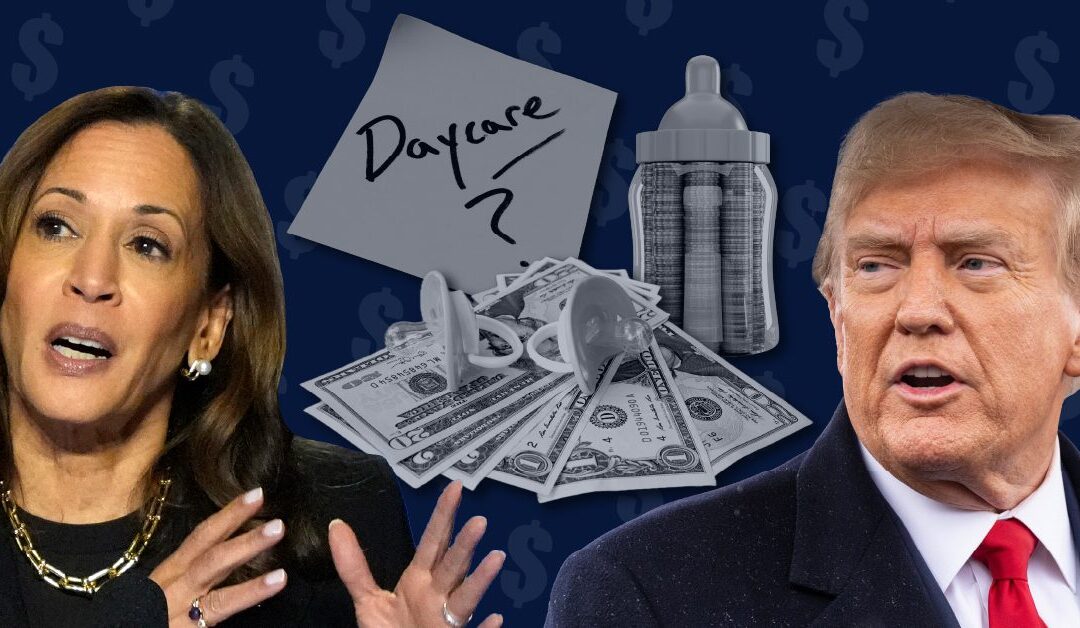The Internal Revenue Service (IRS) announced its plans this month to significantly increase the audit rates of both large corporations and wealthy taxpayers in an effort to ensure they aren’t avoiding paying what they owe in taxes.
The agency plans to increase the number of audits of taxpayers earning more than $10 million annually by 50% for tax year 2026. The audit rates of corporations with assets over $250 million are expected to triple, meanwhile, and the audit rates of business partnerships with assets over $10 million are expected to increase by tenfold.
The IRS will complete these extra audits using funds provided by President Biden’s Inflation Reduction Act (IRA), which sought to make up for a decade of significant budget cuts to the agency at the hands of Republicans in Congress.
Those cuts had a huge impact on the agency’s ability to collect taxes from the wealthy and big corporations. The Treasury’s Deputy Assistant Secretary for Tax Analysis, Greg Leiserson, told reporters in February that the audit rate of millionaires and large corporations fell by more than 70% and 50% respectively from 2010 to 2019.
Ensuring that the super wealthy and corporations actually pay their taxes is one of the IRS’ biggest challenges; according to the agency, the tax gap—the difference between taxes owed and taxes paid—has grown to more than $600 billion annually.
A report released earlier this year found that a tax loophole allowed the richest Americans to sit on $8.5 trillion in untaxed profits in 2022.
But using an infusion of funds provided by the IRA, the IRS has already collected more than $520 million from 1,600 millionaires who had unpaid tax bills of more than $250,000. Recent estimates from the Treasury Department and the IRS indicate that tax revenues are expected to rise by as much as $561 billion from 2024 to 2034 due to increased enforcement made possible by IRA funding.
The IRS is hiring additional accountants, economists, engineers, data scientists, tax experts, and attorneys to conduct these extra audits. In total, the agency plans to add an additional 14,000 full-time positions by 2029, bringing the total number of IRS employees to 102,500, according to IRS Commissioner Danny Werfel.
The additional audits announced this month will not apply to American households that earn less than $400,000 annually.
“As I’ve said over and over again, there is no new wave of audits coming for middle- and low-income (taxpayers), coming for mom-and-pops,” Werfel said this month during a call with reporters. “That is not in our plans in any way, shape, or form.”
Republican lawmakers have nonetheless continued to attempt to cut IRS funding. During last year’s negotiations over the nation’s debt ceiling, House Republicans negotiated about $20 billion in cuts out of the original $80 billion provided to the IRS under the Inflation Reduction Act, even as projections showed doing so would dramatically increase the national deficit.
“Congressional Republicans’ efforts to cut IRS funding show that they prioritize letting the wealthiest Americans and big corporations evade their taxes over cutting the deficit,” National Economic Adviser Lael Brainard said in a statement earlier this year.
Making the nation’s tax system more fair has been a priority of President Biden’s. He has also proposed a billionaire tax and pledged not to raise taxes on families earning under $400,000 per year.
During his third State of the Union address in February, the president said that “no billionaire should pay a lower tax rate than a teacher, a sanitation worker, or a nurse” when speaking of his proposed billionaire tax.
The IRS has also used funds provided by the Inflation Reduction Act to improve services for taxpayers.
A US Treasury official said in late February that IRA funding allowed the IRS to get ahead of schedule during the most recent tax filing season, with the agency achieving a 92% level of service on its toll-free phone line. Hold times were also reduced to less than two minutes.
Additionally, the IRS will be using IRA funds to further improve efficiency in call centers, reduce the backlog of paper returns, hire additional staff in rural areas, develop new software, identify scams and the victims of scams, and more.
The agency is also seeking to improve the online tool known as “Where’s My Refund” so that American taxpayers can get real-time information on the status of their tax returns each year.

Trump’s tariff and tax plan would raise taxes on 95% of Americans, report finds
In response to the report, the Harris-Walz campaign released an analysis of its own, outlining how Trump’s agenda would raise costs for over 1.2...

Trump’s economic plans would worsen inflation, experts say
Mainstream economists warn that Trump's plans to impose huge tariffs on imported goods, deport millions of migrant workers, and demand a voice in...

Harris wants to give working families a tax cut and raise taxes on corporations. Trump would do the opposite.
Kamala Harris has proposed increasing the corporate tax rate, expanding the child tax credit, and cutting taxes for more than 100 million working...

Harris wants to cap child care costs and expand the child tax credit. Trump’s solution? Tariffs.
Harris has proposed capping families’ child care costs to 7% of their income and offering families of newborns up to $6,000 in the first year of the...

Harris wants to lower grocery prices by taking on price gouging. Trump’s plan would increase prices.
Kamala Harris has said that she will call on Congress to pass a federal ban on price gouging and give the federal government more authority to...

Harris’ plans aim to make housing more affordable. Trump’s plans are less clear.
Harris has vowed to increase the available housing supply by three million homes and to provide lower-income first-time homebuyers with up to...




